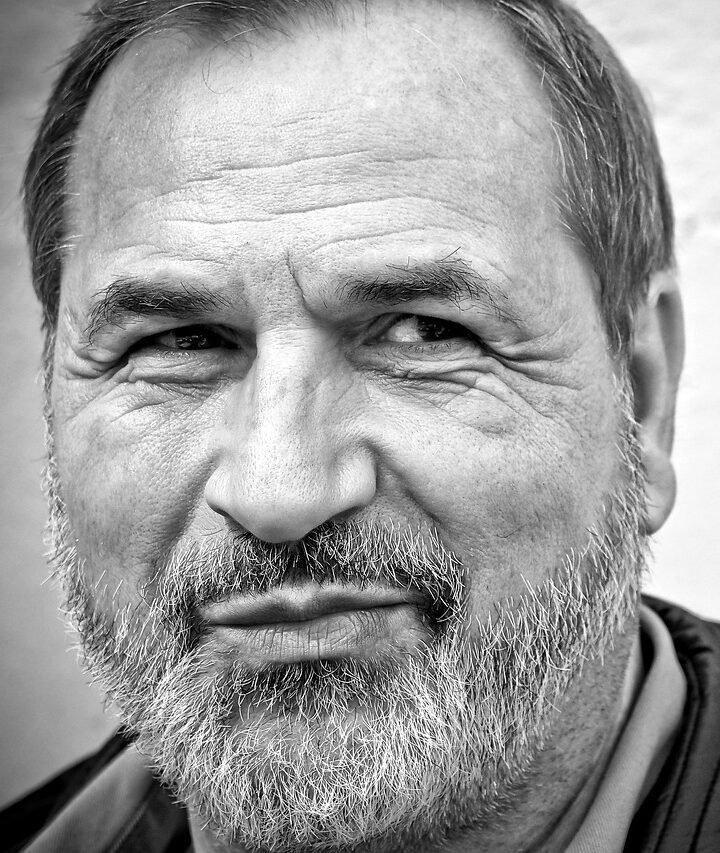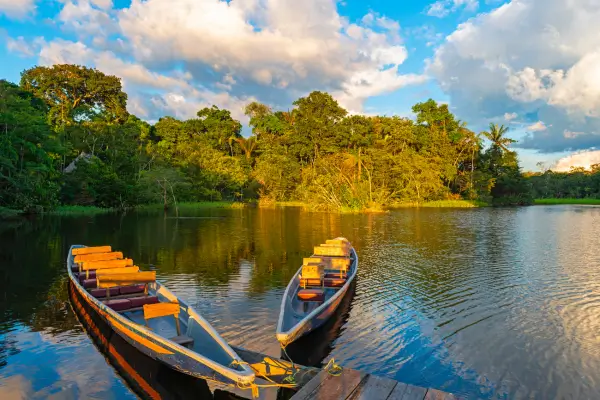The Amazon rainforest is not only home to some of the world’s most biodiverse ecosystems, but it is also a critical region for freshwater fisheries that support millions of people. One of the essential mechanisms to ensure the long-term sustainability of these fisheries is the “closed season,” known locally as “período de defeso.”
This article explores what the closed season means in practice, how it is implemented in the Amazon region, and why it plays a pivotal role in preserving fish populations and the livelihoods of local communities.
What Is the Closed Season?
The closed season refers to a legally mandated period during which fishing certain species is prohibited. This seasonal restriction typically coincides with the reproductive or migration periods of fish, allowing them to spawn and repopulate without the pressure of being captured.
In the Amazon, this system is especially important due to the complex aquatic ecosystems and the heavy reliance of local populations on fish as a source of protein and income.
The Ecological Rationale Behind the Closed Season
The Amazon River and its many tributaries serve as breeding grounds for hundreds of fish species. These species follow natural cycles often linked to the flooding and drying of the forest, known as the flood pulse system. When water levels rise, fish migrate into flooded areas to reproduce and feed. Once waters recede, they return to the rivers and lakes.
Fishing during these reproductive cycles can have devastating consequences, including:
- Depletion of fish stocks: If fish are caught before they reproduce, populations can decline rapidly.
- Loss of biodiversity: Some species may become endangered or even extinct.
- Disruption of ecological balance: Predatory and prey species depend on each other for survival.
By enforcing the closed season, authorities help maintain the natural balance and promote sustainable fishing practices.
How the Closed Season Is Regulated in Brazil
In Brazil, the Instituto Brasileiro do Meio Ambiente e dos Recursos Naturais Renováveis (IBAMA) oversees the implementation of the closed season. Regulations may vary depending on the region and the species involved, but the principles are the same:
- Fishing is prohibited for certain species during specific months of the year.
- Commercialization, transport, and storage of these species are also restricted unless previously authorized.
- Penalties include fines, seizure of fishing equipment, and legal prosecution.
Each state may issue its own set of rules, aligned with federal law, to reflect local ecological conditions.
Which Species Are Protected?
Several species native to the Amazon basin are subject to closed season regulations. Some notable examples include:
- Pirarucu (Arapaima gigas): One of the largest freshwater fish in the world, the pirarucu is highly vulnerable during breeding periods.
- Tambaqui (Colossoma macropomum): A popular food fish that needs time to reproduce in flooded areas.
- Pacu (various species): Often harvested unsustainably, pacu benefits greatly from closed season protection.
The timing of the closed season may vary depending on the biology of each species and the specific region.
The Role of Local Communities
Local and indigenous communities play a critical role in enforcing and respecting the closed season. Many of these populations depend almost exclusively on fishing, so any regulation must strike a balance between environmental preservation and economic survival.
To support communities during the closed season, the Brazilian government provides a financial subsidy called “Seguro Defeso,” which compensates eligible fishers for income lost due to fishing restrictions. This program is crucial to ensure community compliance and long-term success.
Community-Based Management
In some regions, local associations or cooperatives manage their own community fishing agreements. These often involve more restrictive measures than national laws, and they are highly effective due to their participatory nature. Examples include:
- Fishing quotas
- Rotational fishing zones
- Community patrols and monitoring
This grassroots approach not only promotes conservation but also strengthens social bonds and local governance.
Challenges to Effective Implementation
Despite its clear benefits, the closed season faces several implementation challenges:
1. Illegal Fishing
Enforcement in remote areas is difficult, and illegal fishing still occurs during the closed season. Poor monitoring and corruption can undermine official efforts.
2. Lack of Awareness
Many fishers are unaware of specific dates, species, or rules associated with the closed season. Education campaigns and community outreach are essential.
3. Bureaucracy and Delays
Government assistance programs like the “Seguro Defeso” are often plagued by bureaucratic hurdles, causing delays or non-payment to eligible individuals.
4. Climate Change and Flood Cycles
Changing rainfall patterns and water levels may shift the natural breeding cycles of fish, making it harder to synchronize the closed season with actual reproductive periods.
Success Stories and Positive Impacts
Despite the obstacles, several regions have reported success in conserving fish populations through effective closed season enforcement. One of the most well-known examples is the pirarucu management in Mamirauá Reserve, where local communities, supported by scientists and NGOs, have seen both ecological and economic improvements.
In these areas:
- Fish populations have rebounded
- Local incomes have increased due to premium sustainable fish markets
- Youth involvement in conservation has grown
These success stories show that when properly implemented and supported, the closed season is not just an environmental tool—it is a pathway to sustainable development.
How You Can Support Sustainable Fishing in the Amazon
Whether you’re a local resident, tourist, or someone passionate about the Amazon, there are several ways to contribute:
- Buy only legally sourced fish, especially during the closed season.
- Support community-based projects and cooperatives.
- Educate others about the importance of the closed season.
- Avoid illegal fishing practices and report violations.
- Promote responsible tourism that values ecological preservation.
Looking Ahead: The Future of the Closed Season
As pressure on the Amazon increases—from deforestation, mining, hydroelectric dams, and climate change—the role of conservation policies like the closed season becomes even more crucial. Moving forward, we need:
- Greater integration of scientific data and traditional knowledge
- Stronger legal enforcement mechanisms
- Expanded community involvement
- Flexible management systems that adapt to ecological changes
The closed season is not a one-size-fits-all solution, but it is one of the most powerful tools we have to ensure the sustainable coexistence of people and nature in one of the world’s most precious ecosystems.

Sou redatora especializada em pesca sustentável no Rio Amazonas, formada em Publicidade e Propaganda. Aliando comunicação e conservação, crio conteúdo que destaca o conhecimento tradicional, práticas sustentáveis e a preservação da biodiversidade amazônica. Meu trabalho visa conscientizar e inspirar ações responsáveis para proteger os rios e as comunidades que deles dependem.

